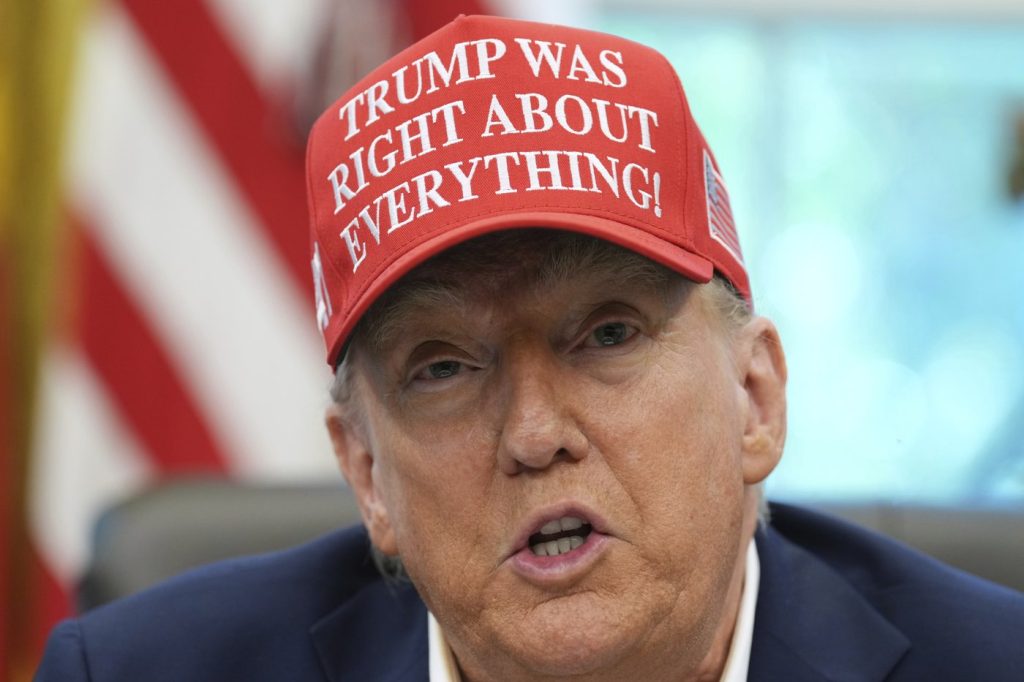Donald Trump, during his campaign, promised to utilize the government's powers for revenge against those he believed had wronged him. Recently, he appears to be fulfilling that promise while threatening to extend his authority well beyond Washington D.C. An apparent focal point of his retributive agenda includes investigations into various figures who have criticized him, including former officials from his administration and political opponents.
On a recent Friday, the FBI conducted a search at the residence of John Bolton, Trump’s first-term national security adviser who has publicly criticized Trump's administration, labeling it as the "retribution presidency." Bolton has been vocal about his concerns regarding Trump's governmental tactics, further heightening tensions between them. In line with this, Trump's administration has opened investigations targeting New York Attorney General Letitia James and Senator Adam Schiff, both of whom have been critical of Trump and played significant roles in legal actions against him during his presidency.
The actions by Trump's team seem to serve as retribution for the multiple criminal charges brought against him while he was out of office, including an indictment related to his attempts to overturn the 2020 election results, which faced significant legal challenges. Trump's rhetoric has shifted to accusing the Biden administration of weaponizing government agencies against political rivals, vowing to restore what he terms “law and order.”
Furthermore, Trump has taken a militaristic approach to governance, deploying military forces in U.S. cities to combat crime and assist with immigration enforcement. His administration has initiated various charges against dissenting voices, reflecting a broader strategy to intimidate and consolidate power among his political opponents, raising alarms among democratic institutions and civil rights advocates.
The scrutiny and investigations extend even into Trump's previous administration, where he has directed federal prosecutors to examine former associates, including Miles Taylor and Chris Krebs, for their critical stances against him. Taylor published a book warning against Trump’s authoritarian leanings, while Krebs acknowledged the integrity of the 2020 elections, making them targets for investigation under Trump's administration.
In addition to these investigations, Trump has leaned into punitive measures against institutions that defy him, issuing executive orders that bar law firms from engaging with the federal government if they were involved in actions against him. He has also taken steps to revoke security clearances for former officials who are perceived as unsupportive of his agenda.
Alongside these politically charged actions, Trump continues to assert his self-proclaimed role as the “chief law enforcement officer,” indicating that he could have an influential hand in the prosecutorial processes against his adversaries. This sentiment has been echoed in various political discussions, with critics expressing concerns that Trump’s presidency resembles that of past authoritarian regimes, characterized by the use of government power to exact revenge on perceived enemies.
As this situation continues to unfold, analysts and former officials warn that the militarization of law enforcement and the systematic investigation of critics and rivals present an unprecedented challenge to American democracy. The implications of Trump’s actions are drawing significant scrutiny, raising vital questions about the future of political discourse and the integrity of governmental institutions in the U.S.











